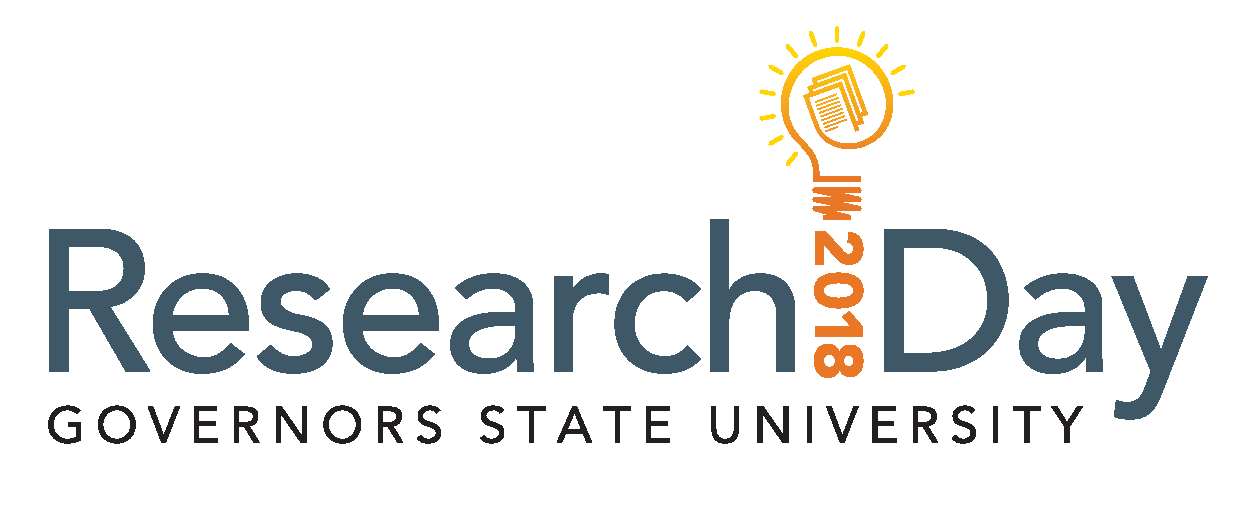
Poster Sessions - 2018 Research Day
The Utility of the Goal Attainment Scale in the Selection of Developmentally Appropriate Interventions for a Child with Agenesis of Corpus Callosum and 1p36 Deletion Syndrome: A Retrospective Case Report
Type of Presentation
Poster Session
Location
Hall of Governors
Start Date
4-6-2018 4:00 PM
End Date
4-6-2018 5:30 PM
Abstract
Background and Purpose: The purpose of this retrospective case report is to report on the utility of the goal attainment scale in the selection of developmentally appropriate interventions for a child with agenesis of corpus callosum and 1p36 deletion syndrome.
Case Description: The patient is a 3-year-old female who has a diagnosis of agenesis of the corpus collosum and a chromosomal disorder which includes 1P36 syndrome. She has been receiving services at a school-based physical setting. The child presents with hypotonia, global developmental delay, seizures, and severe hearing loss in her right ear. She uses a personal wheelchair but needs assistance for mobility. She has decreased sitting balance and cannot bear weight through her lower extremities.
Outcomes: At the time of evaluation, there were no outcome measures reported. A modified goal attainment scale [mGAS] was performed to monitor patient progress throughout the course of treatment. The patient demonstrated improvements in range of motion [ROM] of her lower extremities, and strength of abdominal musculature as therapy progressed.
Discussion: The mGAS was able to capture the patient’s progress throughout the course of 6 weeks in a school based physical therapy setting. The mGAS provided information which guided treatment and provided data to represent patient performance. This outcome measure can allow clinicians to easily track improvement in a relatively short period of time.
The Utility of the Goal Attainment Scale in the Selection of Developmentally Appropriate Interventions for a Child with Agenesis of Corpus Callosum and 1p36 Deletion Syndrome: A Retrospective Case Report
Hall of Governors
Background and Purpose: The purpose of this retrospective case report is to report on the utility of the goal attainment scale in the selection of developmentally appropriate interventions for a child with agenesis of corpus callosum and 1p36 deletion syndrome.
Case Description: The patient is a 3-year-old female who has a diagnosis of agenesis of the corpus collosum and a chromosomal disorder which includes 1P36 syndrome. She has been receiving services at a school-based physical setting. The child presents with hypotonia, global developmental delay, seizures, and severe hearing loss in her right ear. She uses a personal wheelchair but needs assistance for mobility. She has decreased sitting balance and cannot bear weight through her lower extremities.
Outcomes: At the time of evaluation, there were no outcome measures reported. A modified goal attainment scale [mGAS] was performed to monitor patient progress throughout the course of treatment. The patient demonstrated improvements in range of motion [ROM] of her lower extremities, and strength of abdominal musculature as therapy progressed.
Discussion: The mGAS was able to capture the patient’s progress throughout the course of 6 weeks in a school based physical therapy setting. The mGAS provided information which guided treatment and provided data to represent patient performance. This outcome measure can allow clinicians to easily track improvement in a relatively short period of time.
